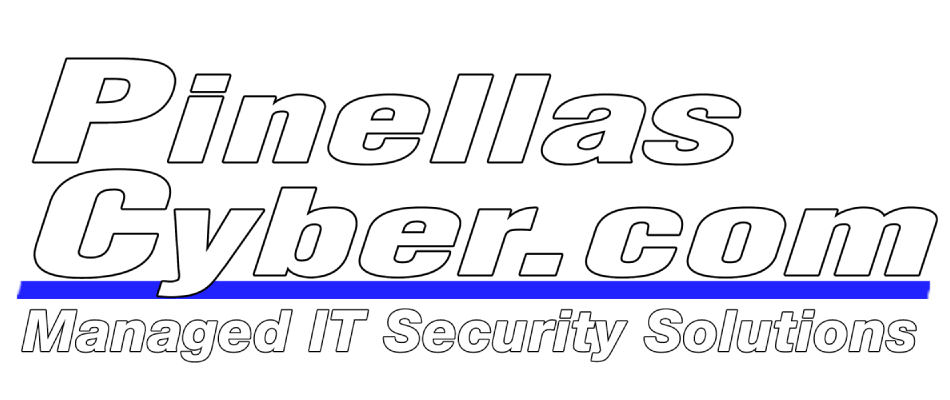ISP’s Collecting and Selling Your Data: Protect Your Privacy with a VPN
We all know our web surfing habits are the fuel of online retailers and the advertisement industry, but a new player just entered the game of collecting and selling your personal browsing habits (and they’ve been there all along, waiting). That’s right, it’s your Internet Service Provider (ISP) – aka Spectrum/Brighthouse, Frontier/Verizon FIOS, Time Warner, WoW, AT&T; this list goes on and on. But, how is this only happening now – haven’t they been there all along, doing this forever? Not quite…
In the past, only internet websites (like Facebook, Google, Amazon, etc) have actually been able to collect, package, classify, price and sell your information. What – don’t remember giving them permission to do that? It was all a part of their absurd fine print and terms we agree to (but never read over) when we first sign up for service or an account with them. Sigh – oh yeah, those terms… It’s okay, we all do it. But the matter at hand is – the big search engines, social media sites, and online retailers were the only one’s with the “good details” about you. Who else know’s the juicy details about your hobbies, favorite places to eat, and things you’re thinking about buying? How about…
Microsoft? Apple? Google? No, think closer to home. Your ISP channels EVERYTHING to those websites – they know it all. The can see what websites you’re visiting, where you search for information (and about what subjects), what companies you pay bills to, what medications you research, and the private subjects you think no one else can see – or so you thought. A recent legislation being thrown around in Congress is changing the guidelines ISP’s have been governed by – specifically regarding use of your internet and the websites you visit.
Nothing is official as of yet, but let’s just say that right now there aren’t really any official “laws” protecting your personal information when it comes to your ISP and you data privacy. Think of them more as “invisible guidelines” overseen and enforced by the FTC. Everyone wants to get “as close to the line” as they can without getting in trouble (because the FTC has the power to cripple even the biggest corporate giants). Still, that doesn’t mean that some of your private information could fall into that “gray area” where it’s not really ethical/legal, but minor enough that the FTC has more important things to worry about.
So what can you do? Your first option is reaching out to your ISP, phone company, email provider, and every other account provider you work with to “opt out” of privacy sharing. That is, if they even offer the option to fully opt-out. Many providers require you agree to all of their terms and conditions, just to use their service. Don’t like Facebook’s rules? Don’t use them. They don’t care – they have the upper hand and know you want to use their service, so their opt-out options are minimal. And after all, you NEED internet, so what can you do? How about this:
A private connection to the Internet, where you can do everything you normally do (visit websites, use search engines, browse social media, etc) without disclosing your identity, physical location, or even details about your computer (such as your operating system, browser history, etc). Sounds illegal! It’s not. It’s called a VPN (or Virtual Private Network) and they’ve been around forever – like, since Windows XP and other ancient systems. Originally developed to let employees work from home, it’s now the easiest and quickest way to keep your internet usage private – all while keeping your same Internet provider and without having to read through a few million lines of fine print. Neat!
The intricate details on how VPNs work and what features are offered between different providers could fill a book, but we figured out the important ones and created a solution for the 98% of users who just want to keep their private internet data – well, private. The main focuses are security, speed, and price – we covered all three. Top notch security with two-way data encryption, unmetered bandwidth, and a price as affordable as an oil change. Want more info? Pinellas Computers can setup and configure a VPN for up to 5 of your internet devices with same day service! Stop by one of our stores or give us a call today!
Update: Check out our news interview about ISP data sharing and VPN protection with ABC’s “Taking Action” reporter Jackie Callaway:



